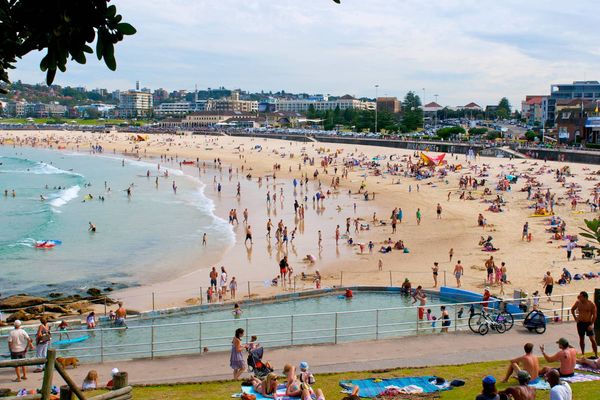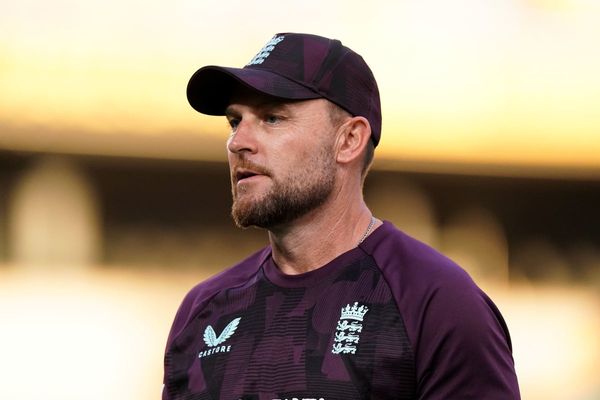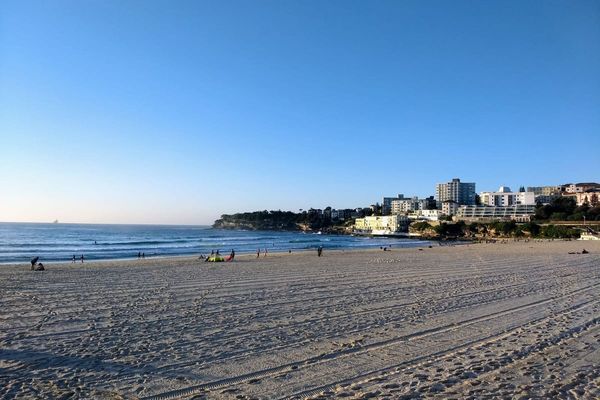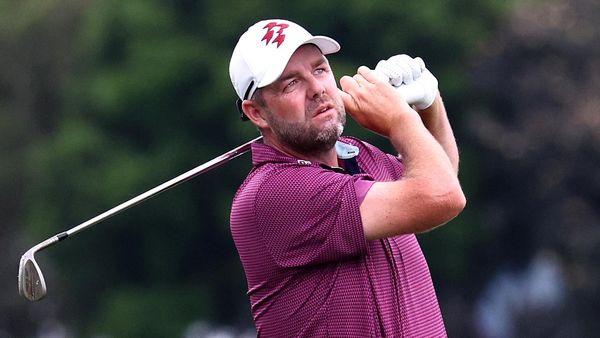
Everyone wants a piece of Russian president Vladimir Putin. Vira Chernukha, defiant amid the ruins of her village in north-east Ukraine, curses him each morning. She wants to see him spinning in his coffin, tormented, unshriven and damned for all eternity. Chernukha might be said to speak for her nation if not the entire western world.
The International Criminal Court (ICC) wants to arrest Putin for war crimes, alleging mass child abductions. Mutinous Wagner mercenaries briefly wanted to topple his regime – and gravely weakened him. Heroic opposition leader Alexei Navalny just wants him to shut up. He’s been forced to listen to the same Putin speech in jail each day for more than 100 days.
Nearly 18 months into his invasion of Ukraine, a catastrophe wholly of his making, the much-loathed, ridiculed, ostracised and accursed Putin, wholly indifferent to the misery he causes, has become, in different ways, the world’s most wanted man – and possibly its most dangerous too.
Putin embodies Russia’s international isolation and growing spiritual degradation. Like a daemon, hobgoblin or kraken of ancient folklore, he’s metamorphosed into global bogeyman or bugaboo – a monstrous, nightmarish figure personifying evil. Putinism is a graph charting the arc of modern morality. The zero on the scale is him.
A west-centric exaggeration? Perhaps. More Russians supposedly approve of Putin than don’t, just as their deluded forebears adored Stalin while he murdered millions. Many among Donald Trump’s Maga mob applaud him. And the Kremlin claims Putin received an “astounding” rockstar welcome in Dagestan after the Wagner scare.
Big deal. And fake news anyway.
Even before Ukraine, few around the world much liked or trusted this smirking, sneaky-looking ex-KGB thug. Respected him as Russia’s leader? Sure. Tolerated or feared him, yes. But admired him personally? No. Friendless, paranoid Putin is to charisma what a slug is to lettuce. And now, he’s Russia’s huge, hazmat liability.
Three problematic presidential trips abroad this year dramatise the loneliness of the long-distance tyrant. The first, to meet fellow Brics leaders in South Africa next month, was abruptly cancelled last week in a very public humiliation.
Putin was disinvited because, as a state party to the ICC, South Africa is legally obliged to enforce the court’s arrest warrant. The Kremlin had wanted to go ahead, insisting he had diplomatic immunity. But Karim Khan, the ICC’s chief prosecutor, said international law must have precedence.
Cyril Ramaphosa, South Africa’s president, was caught on a hook of his own making. “Neutral” South Africa refuses to condemn Putin’s invasion. Yet it’s accused of smuggling weapons to Russia. Opponents say the ruling party’s view is skewered by cash donations from Kremlin-linked oligarchs. The government faced legal action to force it to obey the ICC.
So Ramaphosa caved, telling Putin to stay home. Arresting him would be “a declaration of war”, he claimed. Piffle. It would have been a resounding declaration of law. Ramaphosa missed his place in history.
Putin’s personal poison cloud could taint Turkey, too, if a visit to Ankara goes ahead next month. Turkey is a member of Nato, with which Putin deems Russia to be at war. Yet its president, Recep Tayyip Erdoğan, appears more interested in cheap Russian gas than notions of western unity and solidarity with Kyiv.
Erdoğan portrays himself as a peacemaker, which is how he justifies Putin’s invitation. But Russia’s immoral wrecking last week of the UN-backed Black Sea grain export deal that Turkey helped negotiate leaves him looking like a useful idiot. Purposefully or not, Erdoğan is “normalising” Putin – by giving him a chance to play the statesman, sideline Kyiv and divide Nato.
Putin once travelled the world like any other national leader. He met George W Bush at the White House, toured Europe and enjoyed a state visit to the UK in 2003. But all that was before Alexander Litvinenko’s murder in London in 2006, numerous additional assassinations of Putin critics at home and abroad, and the 2008 invasion of Georgia. It’s been downhill ever since.
As his spectral bogeyman image grew, so Putin’s international acceptability shrank. Since February last year, only Iran, Belarus and some former Soviet republics (plus adoring Dagestan) have been honoured by his presence. He briefly travelled to occupied Ukraine in April – but that was strictly not by invitation.
Putin’s baleful presence is still felt in a rogues’ gallery of benighted countries. The Syrian regime of fellow war criminal Bashar al-Assad is a prime example. Last week’s EU summit with Latin American countries was almost wrecked by Nicaragua, Cuba and Venezuela’s reluctance to censure Putin. Tellingly, North Korea’s Kim Jong-un, the ultimate outcast, thinks the world of him.
Yet how much longer will Russians tolerate this wicked, incompetent, ostracised man who causes them such dreadful reputational, economic and human harm? The Wagner rebellion spoke to a deeper malaise of the Russian soul. How low must they all sink, what depths must they plumb, in order that Putin can avoid defeat and oblivion?
These are questions China’s president, Xi Jinping, will surely ask himself as he prepares to greet Putin in Beijing in October. It’s possible Xi already regrets the “no-limits” partnership agreed pre-Ukraine. China has since run into big problems of its own, primarily a slumping economy. The demolition of the Putin strongman myth has unsettled Beijing.
The last thing Xi wants right now is a needy global pariah knocking at his door, seeking reassurance, arms and assistance. Perhaps, unlike so many others, Xi doesn’t want a piece of Putin. Perhaps, on the contrary, he wants rid of him – and would welcome a less dangerous, more predictable replacement.
Will Xi do everyone a favour and help Russians exorcise the bogeyman? It’s an intriguing, hopeful thought.







